railman44
TPF Noob!
I became very interested in the digital world when it wasnt really fashionable. A 3.2 mega-pixel camera was unheard of unless money was no object. It almost seems that any digital camera now under 4 MP is inferior. Back then an SLR digital camera price was in the stratosphere. It seems to me most folks today are making the leap to digital photography. Well, being the contrarian (sp) that I am, Im going back to film. Yeah, I still use my digital camera but something seemed to be missing. Im finding great deals on very high quality 35mm cameras and accessories on eBay. Im assuming these are coming from people that have made the leap to digital. In my 60 years on this earth Ive found most everything to be cyclic. Ill admit digital is here to stay and it will continue to improve as time moves on. I just find it very difficult to admit film is dead. Am I nuts in this assumption?



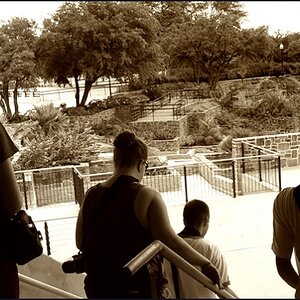
![[No title]](/data/xfmg/thumbnail/30/30883-04222f7ae234efdf80dff6f96ddad16f.jpg?1619734495)
![[No title]](/data/xfmg/thumbnail/37/37123-508270c4d14bcf3f293bd90dfd8ba6b4.jpg?1619737883)

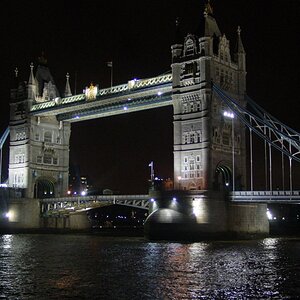
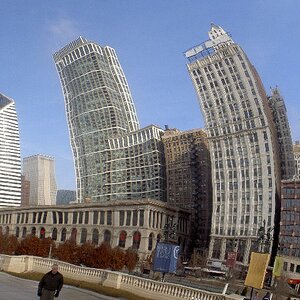
![[No title]](/data/xfmg/thumbnail/30/30880-eb7252c7e6df26b6cbc7065d2838df96.jpg?1619734495)

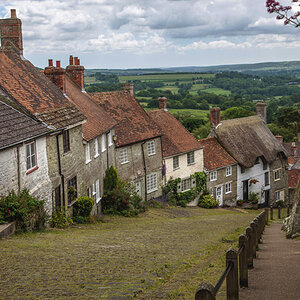
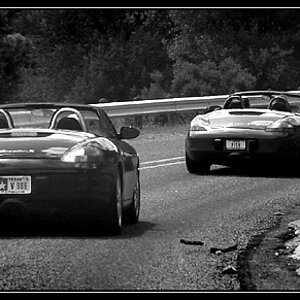
![[No title]](/data/xfmg/thumbnail/30/30884-b92cca2d3ad6f728825cf7e936e8cef6.jpg?1619734496)
![[No title]](/data/xfmg/thumbnail/30/30881-c36788e79b12973b7bf57c94b46961e9.jpg?1619734495)